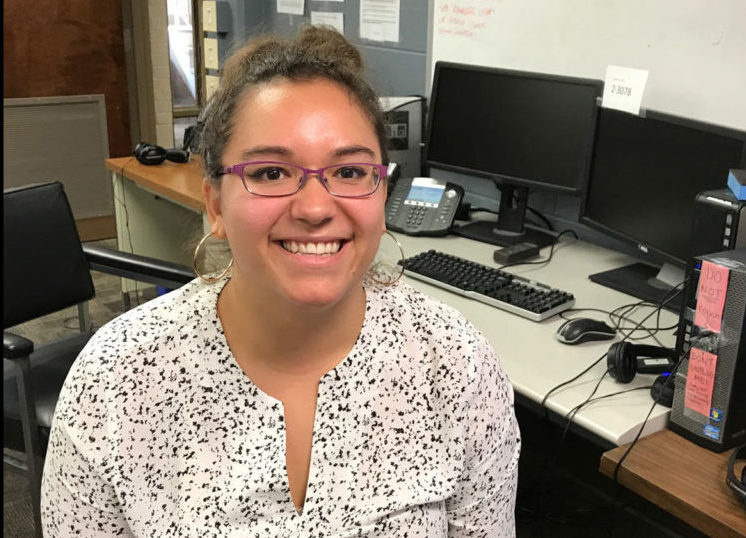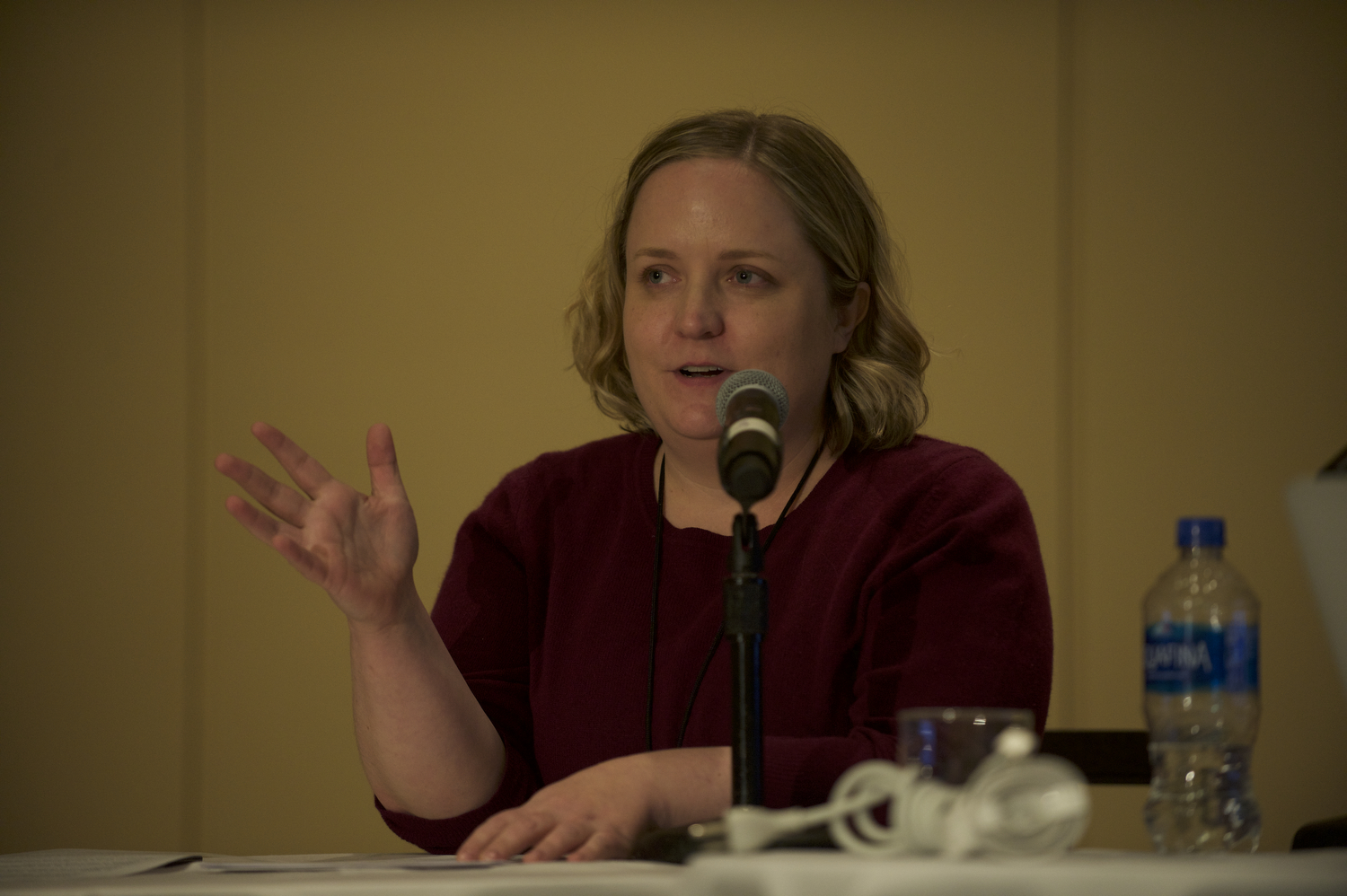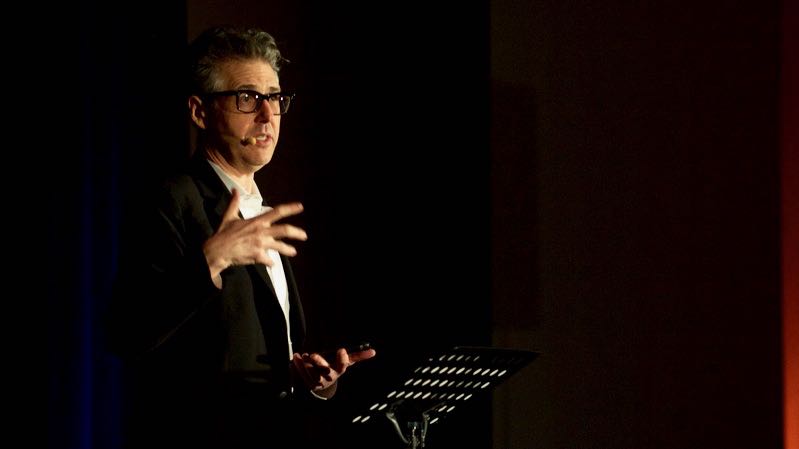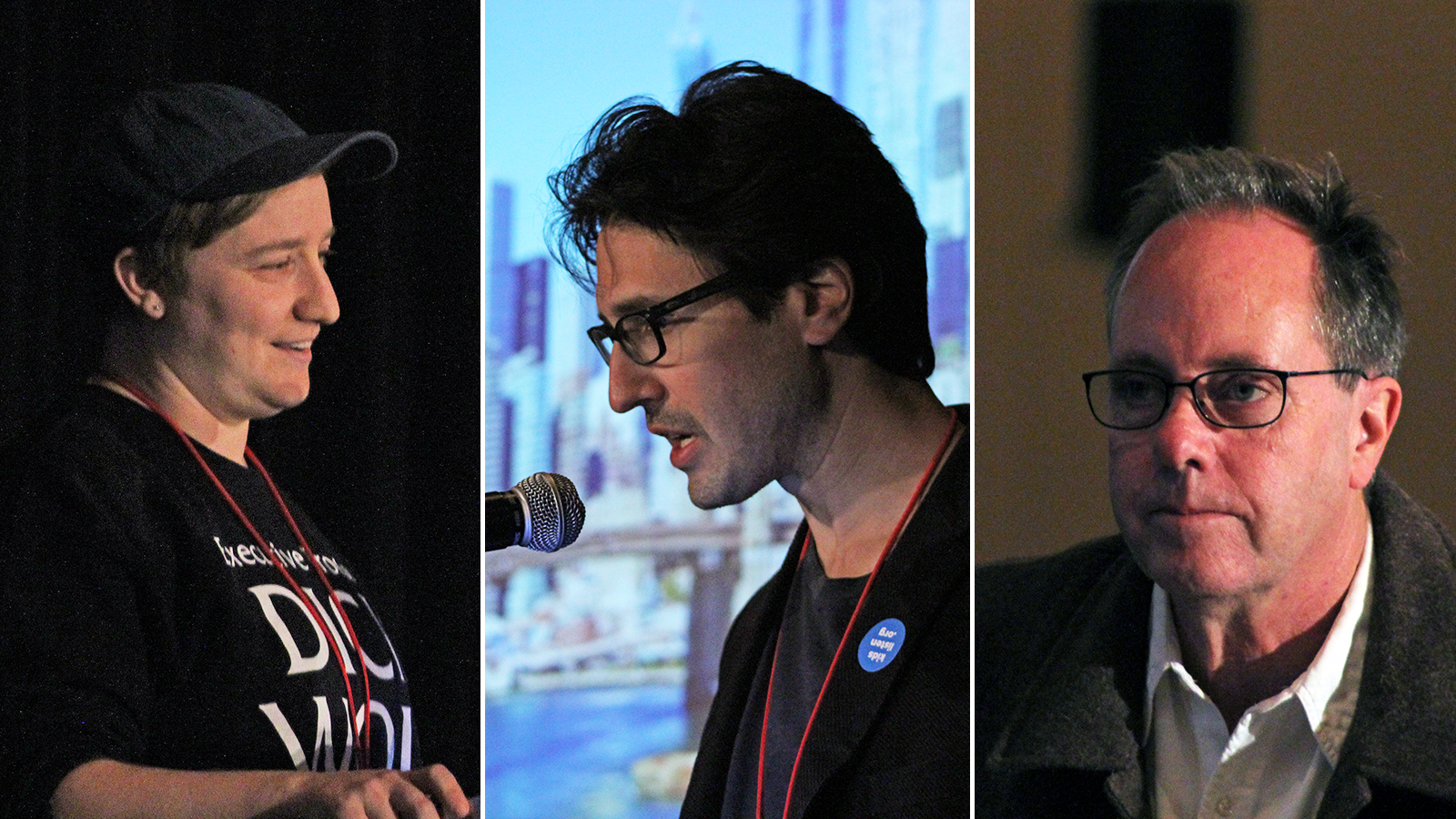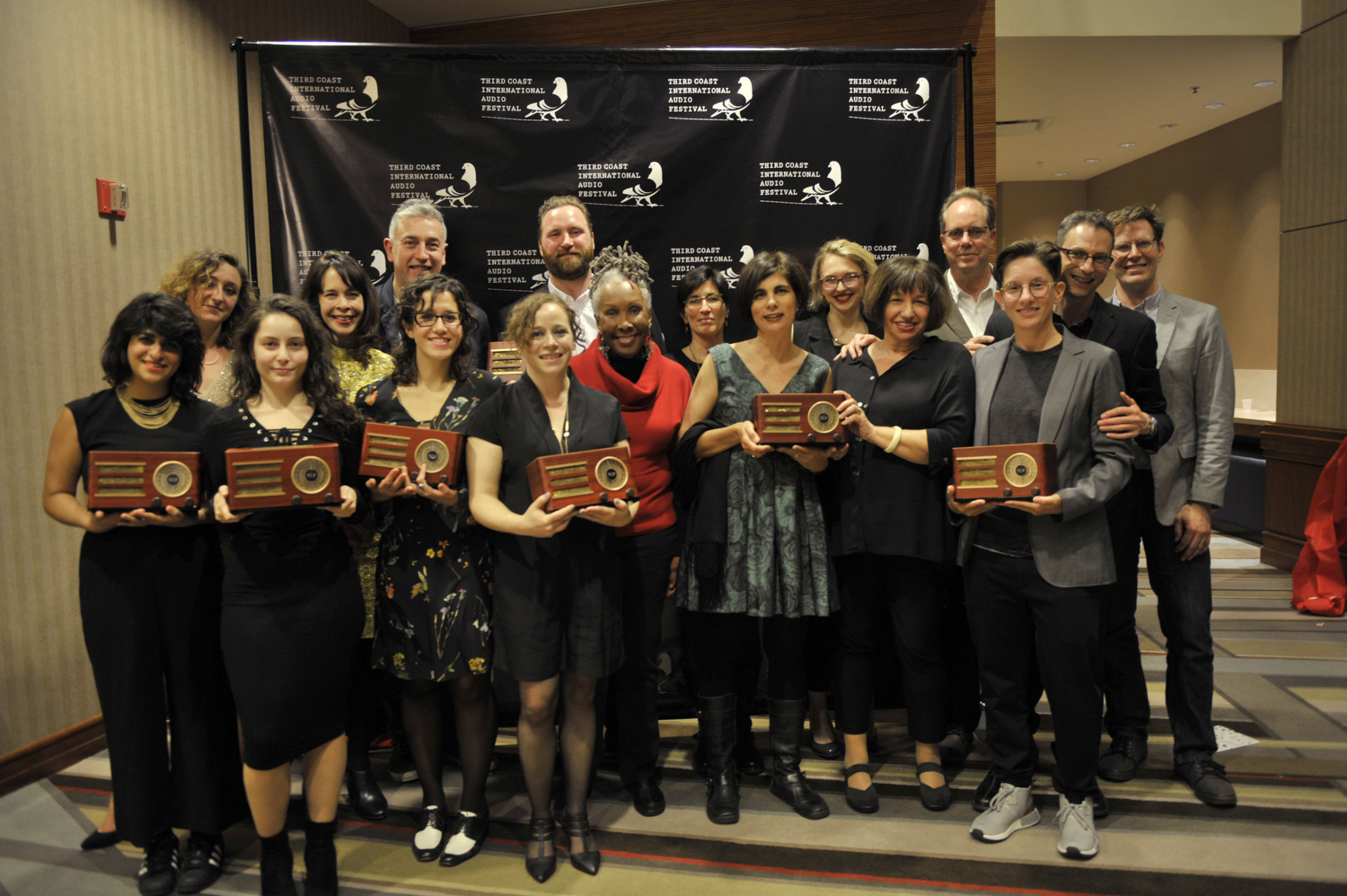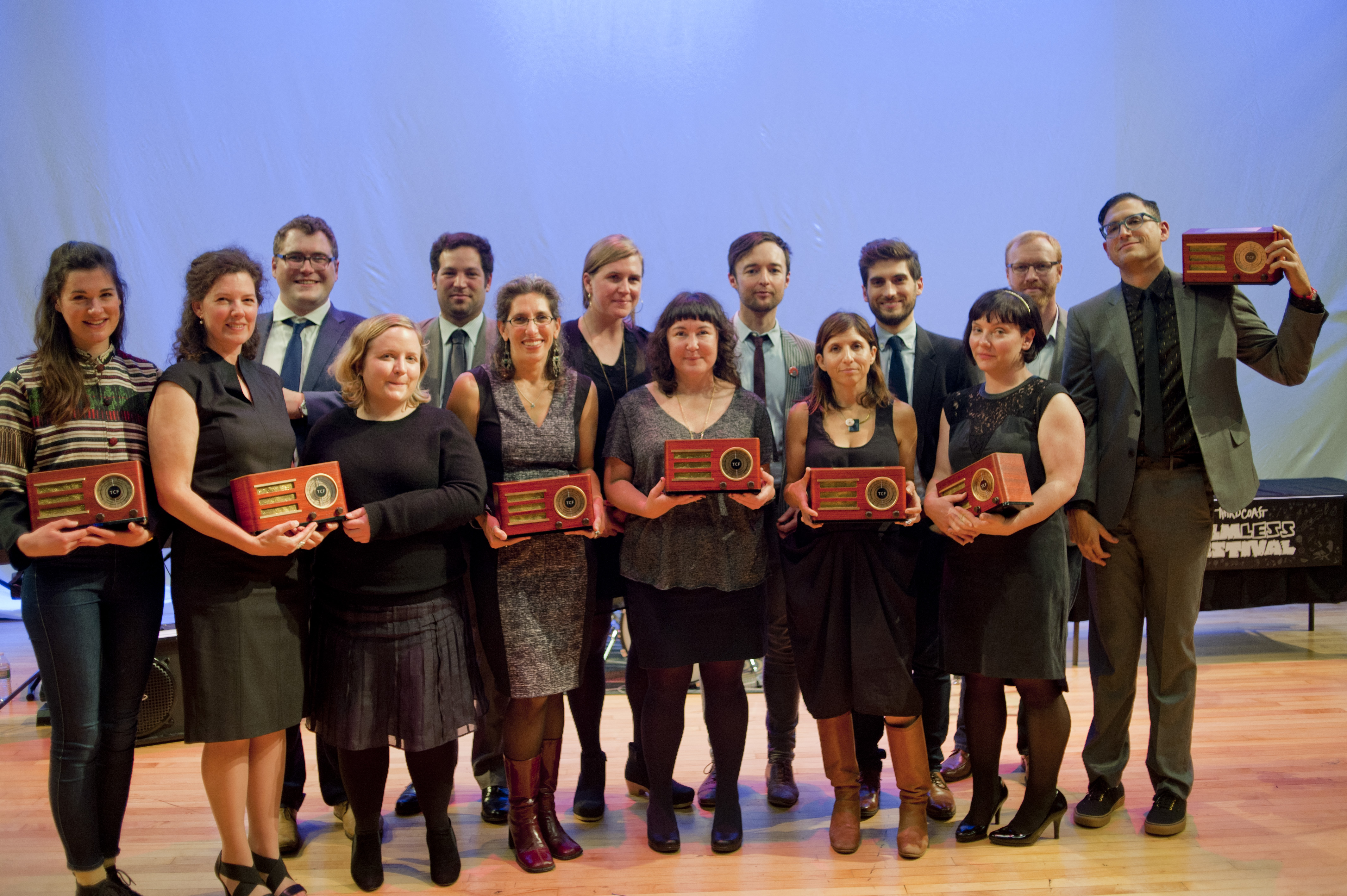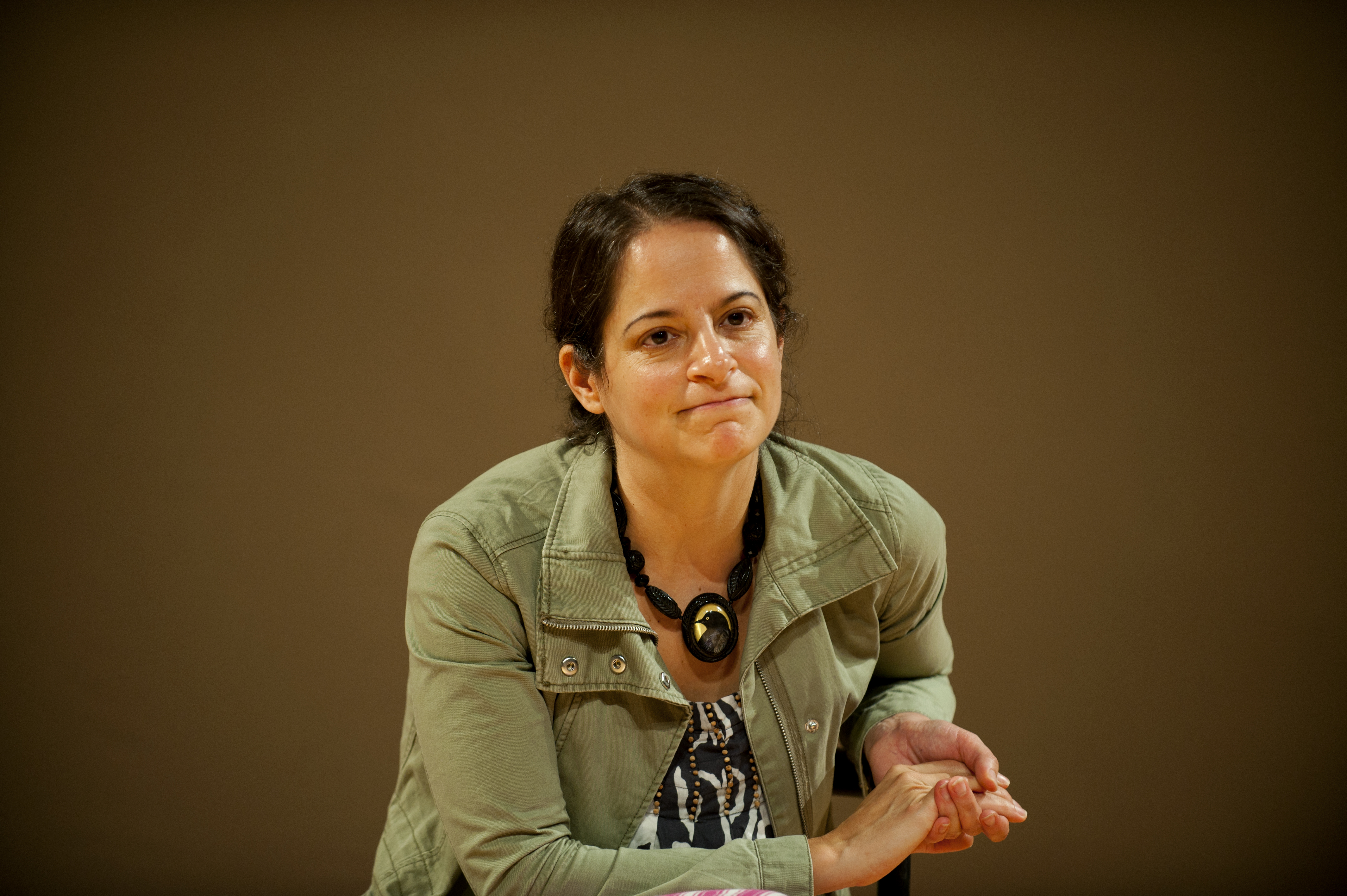Tag: Third Coast International Audio Festival
Third Coast Festival names new executive director
Shirley Alfaro's experience in arts and media administration has included a role with StoryCorps Chicago.Elena Rivera: ‘I’m hoping to be a bridge between communities’
Public media means "bringing the community closer together through all of the amazing stories that we have on a daily basis."Want to tell a personal story on radio? Get an edit, and more tips
Independent producer Sally Herships explains how she came to create a BBC documentary about the abrupt end of her marriage.‘In the Dark’ creators demystify investigative audio reporting
The host and producer of the award-winning podcast share tips for framing investigative stories.Journalists at Third Coast reflect on Trump’s first year
A conference session followed up on an at times contentious panel discussion at last year’s event.Third Coast offers Radio Residency for audio producers
The one-week program is open to all who identify themselves as part of an under-represented group in public radio and podcasting.‘The Pub’ #85: Late Night Provocations from Third Coast
Jay Allison misses “the wacko fringe in public radio,” and more words of inspiration from a conference of audio enthusiasts.Producer reveals how disciplined story planning, authenticity made ‘Serial’ shine
At Third Coast, the producer of the smash-hit podcast candidly described the problems that hindered its second season.Money, politics become catalysts for audio at Third Coast 2016 audio conference
As companies like Audible throw more resources into podcasts, radio producers are wrestling with what modern America sounds like.Personal narratives about mothers make strong showing at Third Coast Awards
The Gold Award went to “Mariya,” a personal narrative by writer Mariya Karimjee from Radiotopia podcast The Heart.Shell-shocked by Trump win, public radio’s politics all-stars share thoughts on election coverage
“How can we do the job of reporting truth without being dismissed as polemicists?” asked moderator Bob Garfield.For first time, podcasts beat traditional radio at Third Coast awards
The Radiotopia podcast collective made the biggest splash, taking home three awards.Spiegel: New ‘Invisibilia’ season won’t premiere until at least spring 2016
“Doing these kinds of shows takes a really long time,” said the show’s co-creator.Julie Shapiro heads to Radiotopia, baseball veteran joins KET, and other comings and goings in ...
Shapiro co-founded the Third Coast International Audio Festival.This American Life, Radiolab, Radio Rookies among Third Coast winners
Programs produced by Chicago’s WBEZ, New York’s WNYC and Miami’s WLRN won awards from the Third Coast International Audio Festival, handed out ...



